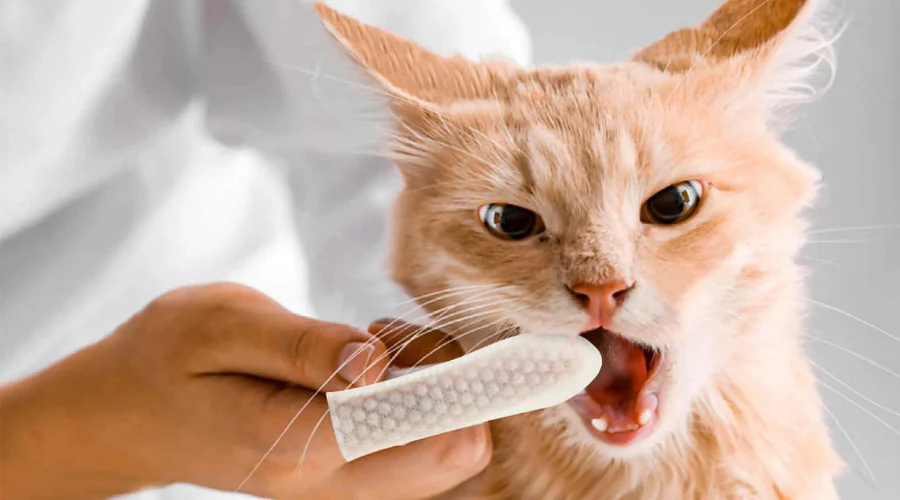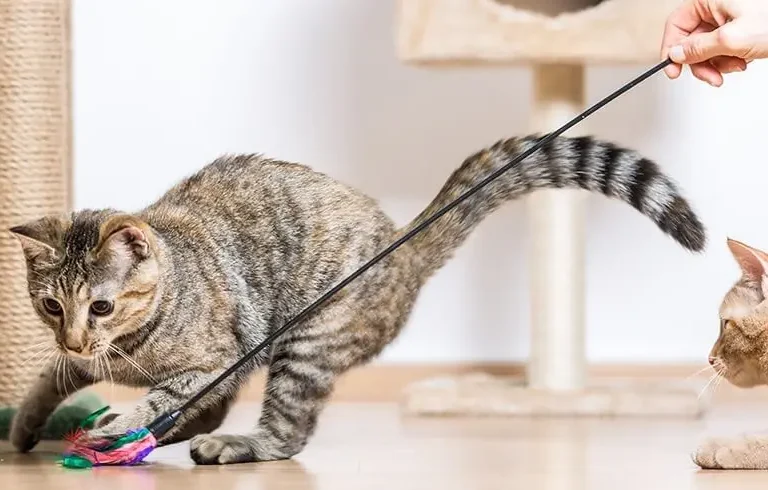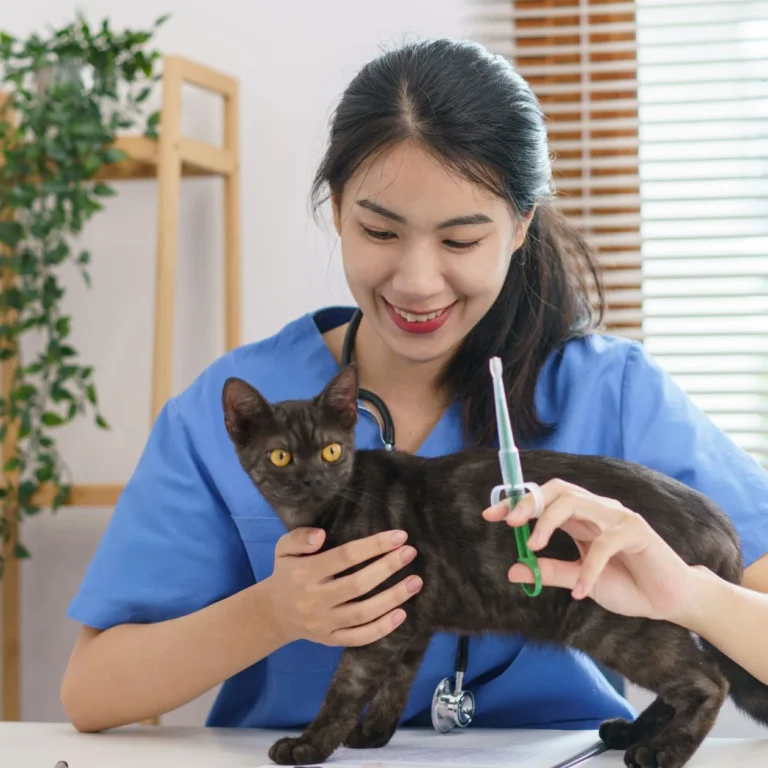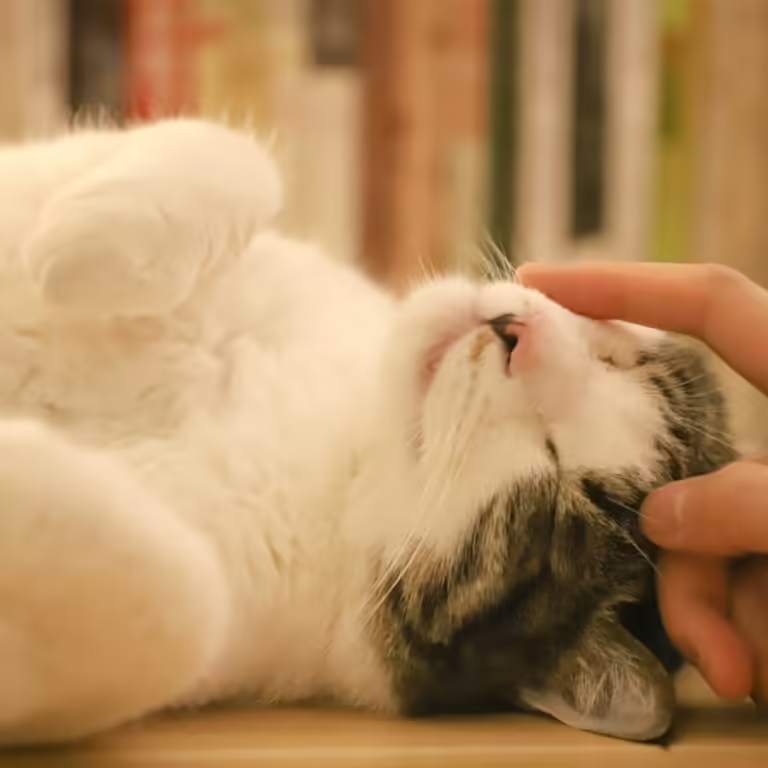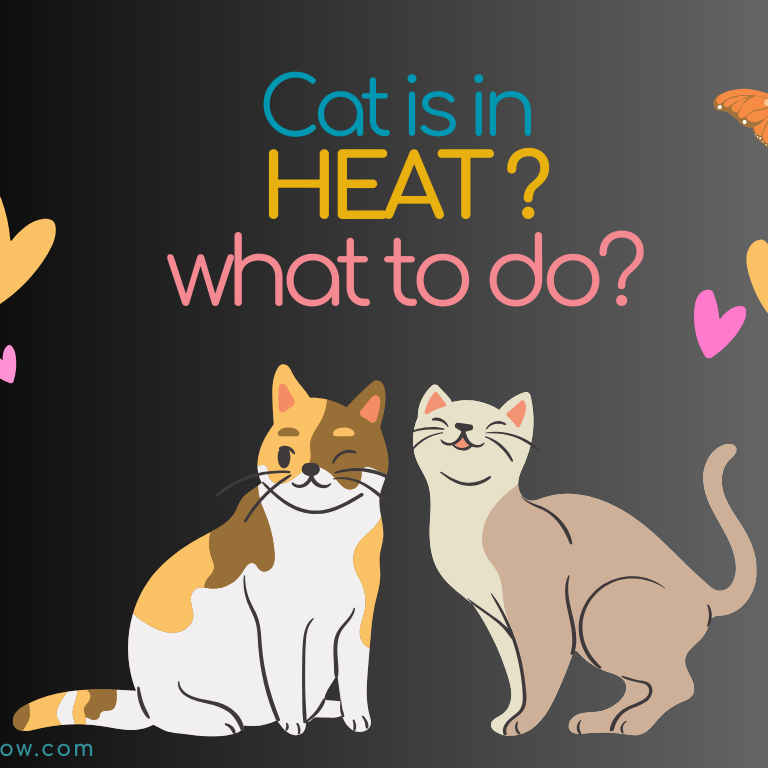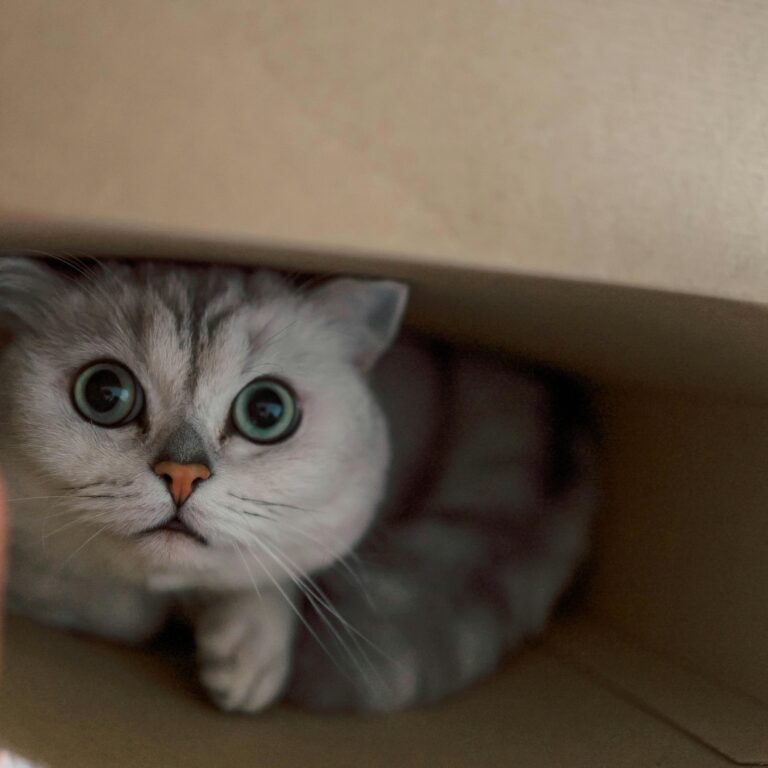Top 10 Tips to Keep Your Feline Friend Happy and Healthy
With their playful antics, and calming purrs, cats have a way of winning our hearts. You want the best for your cat as a caring parent. It is important to keep your cat happy and healthy, not only for its well-being, but also so that you can build a strong bond with them. Every stage in your cat’s lifetime has its own unique needs, from the adorable kittens who bounce around to dignified senior cats who slowly explore their world.
It can be overwhelming to understand how to cater for these different stages. But don’t worry! Ten essential tips on cat wellness and health will help you care for your cat throughout its lifetime. These insights will help you make informed decisions regarding nutrition, exercise and grooming. Grab a comfy spot next to your fluffy friend and let’s dive into expert advice that is tailored specifically for them!
Top 10 Tips to Keep Your Feline Friend Happy and Healthy
Structure and routine are important to cats. Set up a feeding routine that is appropriate for their age and lifestyle. It helps to regulate their metabolism, and prevents them from eating too much. To meet your cat’s nutritional needs, always provide them with fresh water and high-quality food.
Early detection of problems is crucial with regular vet visits. Their healthcare regimen should include vaccinations, dental care and parasite prevention. Consult your veterinarian if you are unsure about any symptoms or behavior.
Exercise is important for maintaining a healthy body weight and stimulating the mind. Keep your cat active inside with interactive toys, scratching post, or laser pointers. Playing together regularly can strengthen your bond.
Don’t forget to groom your dog! Regular brushing reduces shedding and matting while maintaining a shiny coat. This is especially important for long-haired dogs to avoid discomfort.
Create an environment that is safe and filled with cozy places where cats can relax unbothered. They love to have their own space. These areas, whether it’s an area with a cozy blanket or a warm sunbeam, will make your cat happy at all stages of their life.
Kitten: 0-12 months
Your kitten’s first year is filled with growth and exploration. Proper nutrition is crucial for your kitten’s development during these critical months. Select kitten food of high quality that will meet their specific nutritional needs. Choose options that are high in fat and protein to help support your kitten’s energy level.
This is a crucial stage for socialization. Let your kitten meet people, animals, and different environments. This helps to build their confidence and adaptability as they age. Playtime with your pet is more than just fun. It promotes physical activity and strengthens the bond between you both.
It is also important to have regular vet checks. Vaccinations protect against diseases that are common and can have a significant impact on the health of a young kitten. Talk to your vet about spaying or neutering as it may prevent future health problems.
At this age, creating a safe environment is a top priority. By kitten-proofing your house, you can reduce the chance of accidents caused by curious paws exploring anything in sight – from electrical cords to poisonous plants.
Don’t forget about dental care! Introduce the brushing process early so that they can become used to it over time. This will make it easier later when your cat is an adult and more focused on playing than on patience.
Adult cat: 12 months to 8 years
It’s important to keep your cat on a healthy diet as it enters adulthood. Adult cats need specific nutrients to maintain their energy level and health. Choose high-quality commercial food that meets AAFCO guidelines, with proteins as its main ingredient. Feeding schedules are important; they can help prevent obesity.
Regular vet visits are important during this phase of life. The annual wellness exam allows for the early detection of health problems such as diabetes or dental disease. To ensure that your cat is protected against common illnesses, it’s important to keep their vaccinations up-to date.
Adult cats also need mental stimulation. Engage them by using interactive toys, puzzle feeders or clicker training techniques. Keep their minds busy to reduce boredom, and the associated behavioral issues.
The social interaction with others is also important for their happiness and wellbeing. Play with your cat every day. This will not only strengthen your relationship, but also keep them fit.
Create a stimulating environment for your cat by adding vertical space such as shelves and cat trees. It is natural for cats to climb and observe their environment from above. This stimulates their instinctual behavior and curiosity, while also promoting physical exercise.
Senior Cat: 8 to 15 years
Around the age of eight, your cat’s health becomes increasingly important. You may notice a change in energy or behavior. To ensure that they are comfortable and happy, it’s important to adjust their lifestyle.
It is important to have regular veterinary examinations during this time. Senior cats are more susceptible to health problems such as arthritis or kidney disease. Early detection can improve the quality of life and treatment outcomes for cats.
The diet is also a key factor in maintaining the health and wellbeing of cats at this age. Choose high-quality senior food that promotes a healthy body weight and has nutrients specifically designed for older cats. Watch your portion sizes. Obesity is a concern for sedentary senior cats.
Mental stimulation is also important. Use interactive toys and puzzles that are specifically designed for cats to keep them entertained. It will not only keep them entertained, but it also maintains their cognitive function.
Create a comfortable environment for your senior cat to relax in, away from other pets and noisy environments. Your furry friend will feel more secure in their golden years if you provide a warm place by the window, or a quiet corner.
Geriatric Cats: 15-20 years
Cats’ needs change dramatically as they reach their golden age, usually around 15 years old. Geriatric cats need special care to keep them comfortable and healthy. During this period, regular vet visits are even more important. Your veterinarian can detect health problems early, such as arthritis or kidney disease.
You may notice that your cat is becoming more active or changing its behavior. Encourage gentle play to keep your cat active without over-exerting him. To keep your cat active and entertained, you can also use interactive toys that stimulate the mind.
The diet becomes important as well. Many older cats can benefit from specialized foods that support joint health and weight control. Consult your veterinarian about the best nutrition plan for your elderly companion.
A cozy, safe space is also essential to their emotional wellbeing. They can rest in peace and still feel part of the family by putting a warm bed in a quiet area.
Consider adding soft scratching posts or climbing trees that are appropriate for their age.
You can ensure that your beloved pet will enjoy every moment of its life with you by paying attention to the health and wellbeing of cats at each stage.

